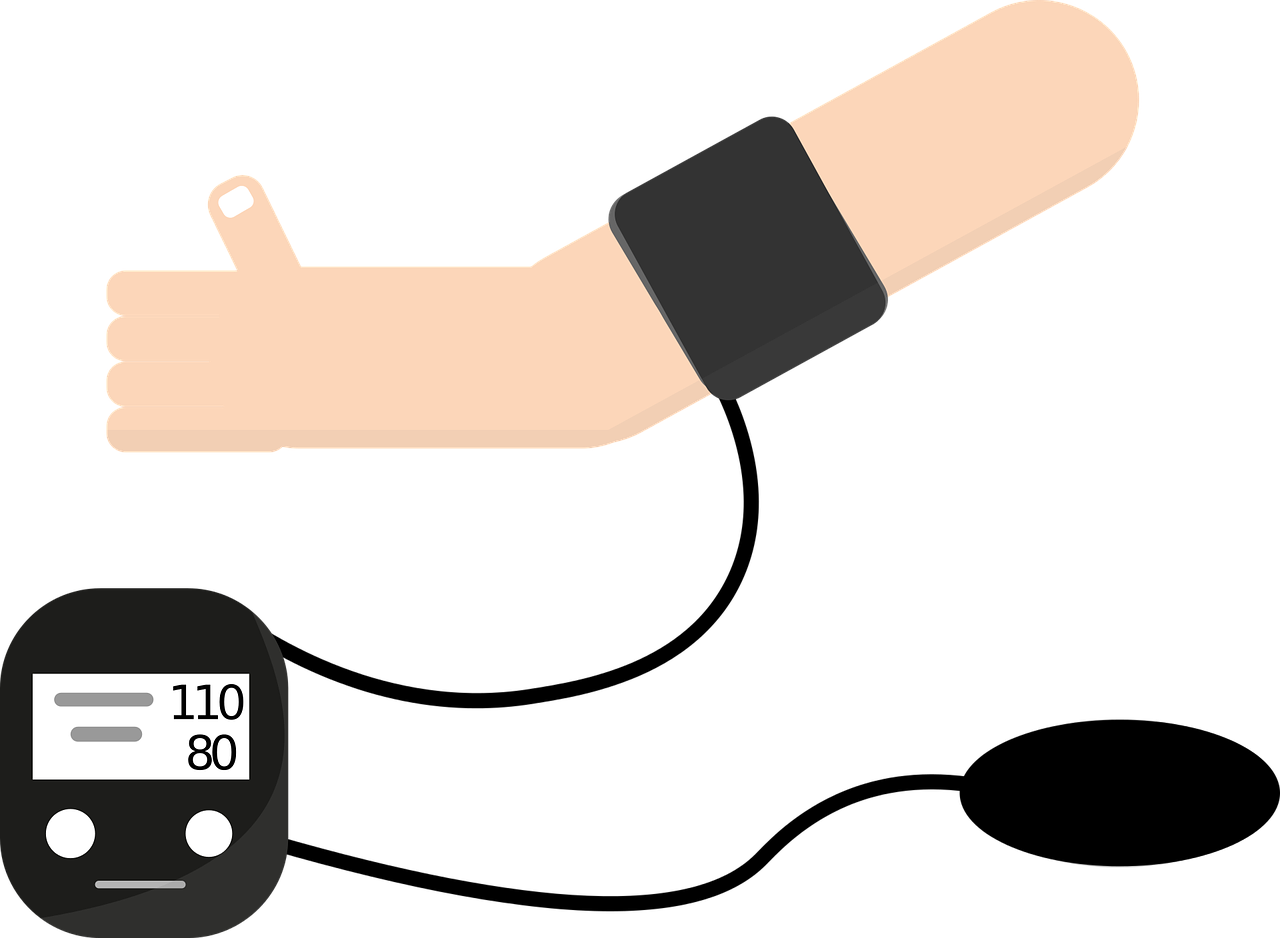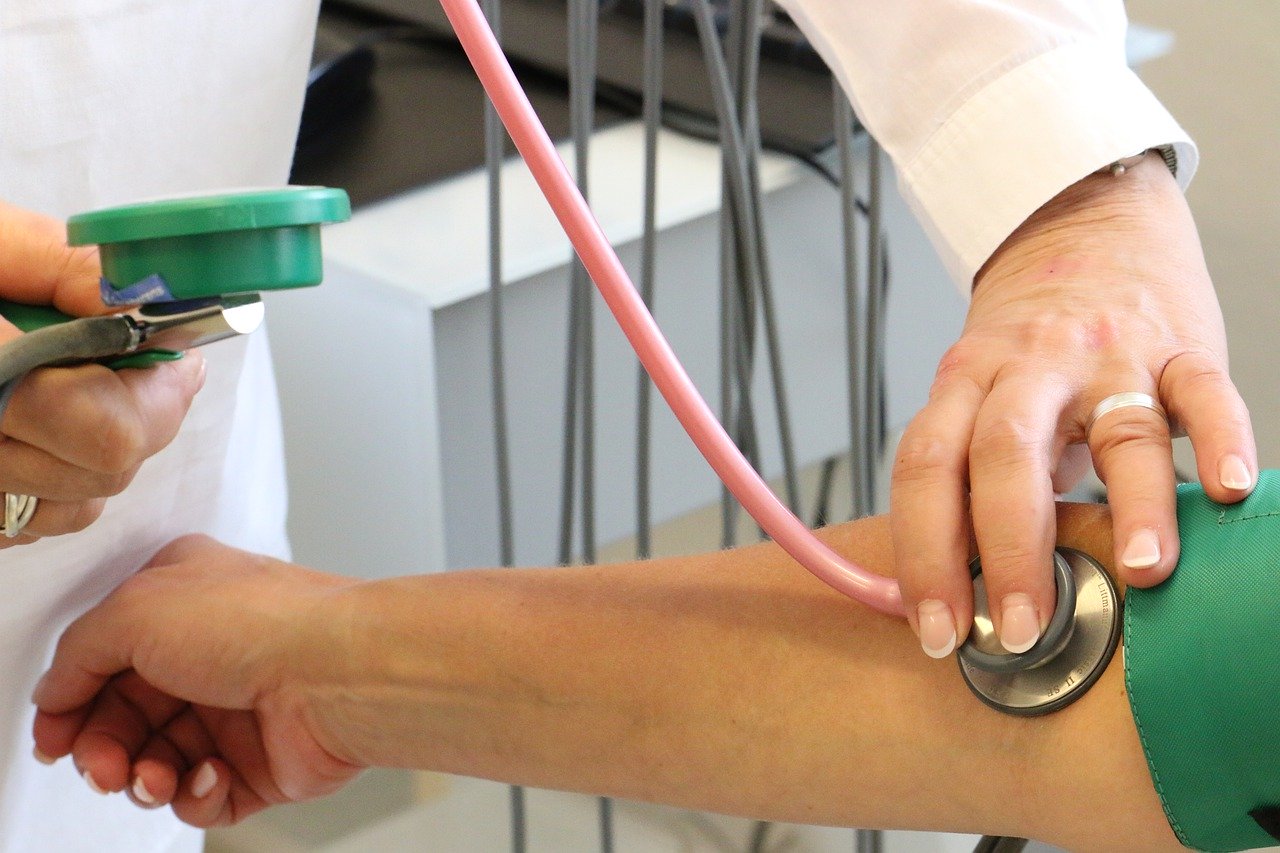In February 2019 researchers from the USA published the results of their study to assess the association between sedentary behavior and physical activity on risk of atherosclerosis in a Mexican … Read more
When compared to watching television, videos or DVDs for under 7 hours/week, watching for over 21 hours/week appears to increase the risk of atherosclerosis by approximately 80%
In January 2019 researchers from Greece published the results of their study to assess the association between television viewing, as a sedentary behaviour pattern, and risk of atherosclerosis. A total … Read more
Berberine supplementation may delay the development of dementia by preventing brain damage, improving cognition, and by reducing risk factors such as metabolic dysfunction, and cardiovascular, kidney and liver diseases
In March 2020 researchers from Japan, UK and Hong Kong published their review of the medical scientific literature to assess the potential of berberine as a treatment for dementia associated … Read more
Individuals with coronary artery disease consuming a vegan diet achieved a 32% lower high-sensitivity C-reactive protein level than those consuming the American Heart Association-recommended diet
In December 2018 researchers from the USA published the results of their study to compare the effects of a vegan diet with the American Heart Association-recommended diet in individuals with … Read more
Can coronary artery disease be reversed by diets with normal levels of fat of plant origin that are low in saturated fat content?
In January 2019 researchers from the USA published their review to assess whether diets with normal levels of fat can reverse coronary artery disease. The researchers stated that whilst coronary … Read more
Higher olive oil intake appears to be associated with a reduced risk of cardiovascular disease and coronary heart disease and substituting margarine, butter, mayonnaise and dairy fat with olive oil may lead to a lower risk of these conditions
In February 2020 researchers from the USA, China and Spain published the results of their study to assess whether olive oil intake is associated with cardiovascular disease, coronary heart disease … Read more
Co-enzyme Q10, vitamin C, omega-3 polyunsaturated fatty acids, gingseng, garlic and probiotic supplementation may reduce blood pressure levels in individuals with hypertension
In February 2020 researchers from Japan published their review on the potential benefits of garlic and other dietary supplements for the management of hypertension. The control of hypertension is extremely … Read more
Taking all blood pressure tablets at bedtime gives better blood pressure control, improves blood pressure levels whilst asleep and reduces the risk of cardiovascular disease
In October 2019 researchers from Spain assessed whether taking blood pressure tablets at bedtime was better at reducing risk of cardiovascular disease than being taken on awakening. A total of … Read more
A higher intake of folate and vitamin B6 appears to be associated with a lower risk of coronary heart disease
In November 2018 researchers from Iran published their review of the medical scientific literature to assess the association between folate, vitamin B6 and vitamin B12 intake and risk of coronary … Read more
Individuals with a high genetic risk of cardiovascular disease and/or diabetes type 2 may find that a healthy lifestyle lowers their risk of developing these conditions
In August 2019 researchers from The Netherlands published the results of their study to assess the association between lifestyle and individuals genetically at risk of coronary artery disease, atrial fibrillation, … Read more
Low vitamin D levels are associated with an increased risk of cardiovascular disease
In June 2019 researchers from Italy published their review of the medical scientific literature to assess the association between vitamin D and cardiovascular disease. Results showed that there is consistent … Read more
Reduced salt intake, omega-3 long-chain polyunsaturated fatty acid use and folic acid supplementation may reduce the risk for some cardiovascular events in adults, whereas combined calcium plus vitamin D appears to increase the risk of stroke
In July 2019 researchers from the USA published their review of the medical scientific literature to assess the effects of nutritional supplements and dietary interventions on cardiovascular outcomes in adults. … Read more
Air pollution increases the risk of atherosclerosis, especially in males, the elderly and those with diabetes
In June 2019 researchers in the USA and China published the results of their study to assess whether air pollution and proximity to traffic are associated with the coronary artery … Read more
Greater adherence to the DASH dietary pattern appears to be associated with a substantially reduced risk of coronary artery disease and stroke
In March 2019 researchers from Singapore, the UK and the USA published the results of their study to assess the association of the Dietary Approaches to Stop Hypertension (DASH) dietary … Read more
Higher adherence to the DASH diet appears to be associated with a substantially reduced risk of developing coronary artery disease
In February 2019 researchers from China published their review of the medical scientific literature to assess the association between the Dietary Approach to Stop Hypertension (DASH) diet and risk of … Read more















